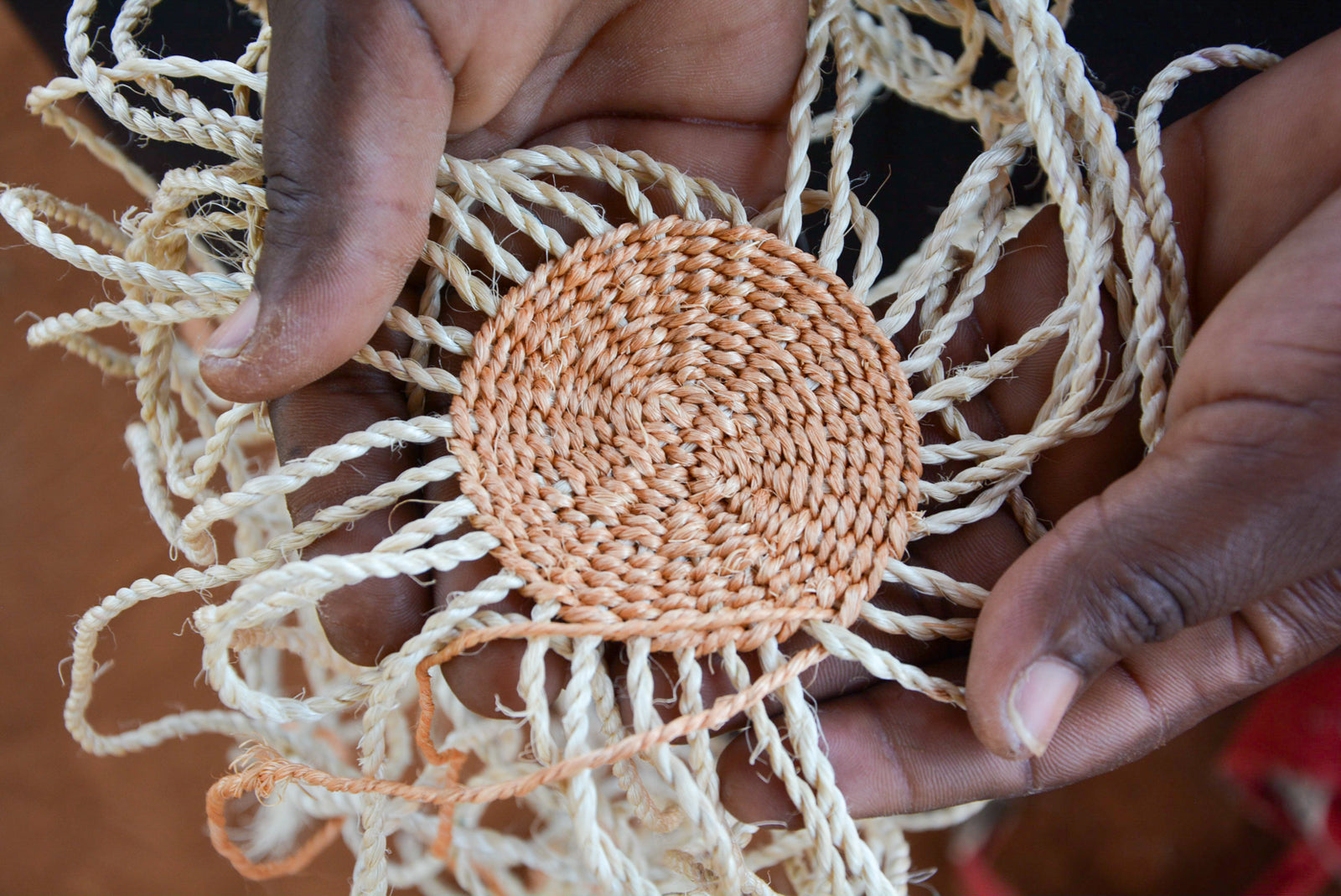

Why Buy Handmade?
In today’s digital age, with access to an increasingly global economy, consumers have an embarrassment of riches when it comes to shopping options. Although the advent of online shopping has given customers easy (or at least, easier) access to a greater variety of goods, it has its downsides, too, like a higher percentage of waste and a negative impact on the environment.
However, not all hope is lost. We as consumers can choose to shop in a more conscientious manner, by ensuring that even if we’re not buying local, we are buying handmade. This type of conscientious consumerism supports local economies around the globe and reduces waste and environmental harm.
Handmade goods are made primarily in small studios or at the artist’s home, which means there is no need for large, loud production factories, whose impact on the surrounding area can be overwhelming. Work made by hand may require the blood, sweat and tears of hard work, but it also requires fewer energy sources be used. In addition, handmade goods tend to be better made, so they last longer, which means fewer goods that end up in a landfill.
Buying direct from artisans means that you have access to the maker and can ask specific questions about their products. Artisans know the products they make inside and out, forwards and backwards, and can give the best advice on which piece would fit your purposes. You can also learn the story behind each product, which gives each purchase a more intimate feel.
Artisanal goods are unique, with the potential for subtle differences between each piece. They feel as if they have more value, because they’re authentic and real. Items can often be customized and personalized, which, especially when buying a gift for someone else, can show that you care enough to think specifically about what the receiver would like. Artists can also afford to experiment, starting with small batches of new goods, which means they can stay on top of the latest trends.
Buying handmade means that money stays in the local economy. A higher percentage of small business revenue stays in the local community when compared to larger business revenue. Small business owners tend to use their profits to reinvest in their business, potentially creating new jobs, and therefore continuing to help the local economy.
What’s more, small business employees tend to spend their hard-earned cash in the same areas as they work, another boon to the community. Additionally, an increase in sales builds self confidence in the makers, gives them the opportunity to develop their skill set, and helps them pass their knowledge onto the next generation, thereby supporting the efforts of future generations.
At the end of the day, when considering environmental and economic impact, there is little that can replace the goodwill that is engendered by purchasing goods made real people and crafted with love.
Click to shop our handmade African baskets, handmade jewelry, and handmade ceramics.







